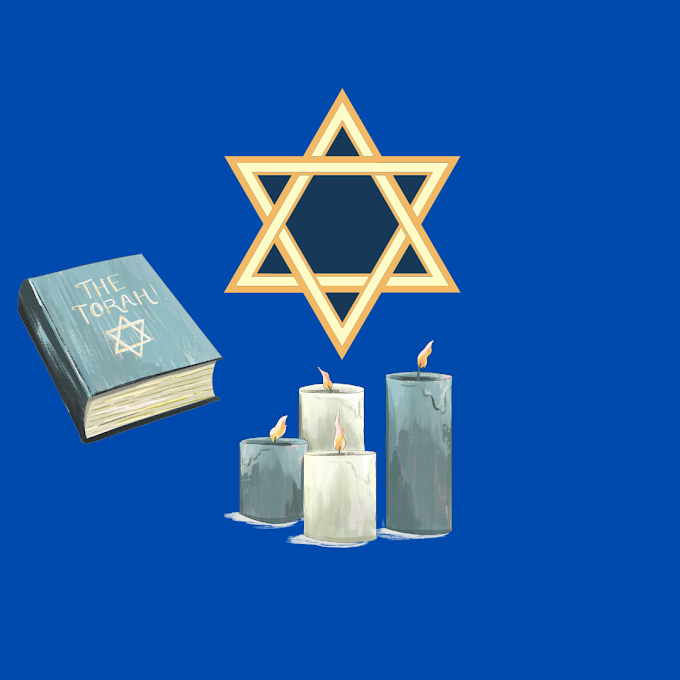The Sentence
1.When we speak or write we use words. We generally use these words in groups; as, Little Jack Horner sat in a corner.
A group of words like this, which makes complete sense, is called Sentence.
Kinds of Sentences
2. Sentences are of four kinds:--
i) Those which make statements or assertions; as, Humpty Dumpty sat on a wall.
ii) Those which ask questions; as
Where do you live?
iii) Those which express commands, requests, or entreaties; as,
Be quiet.
Have mercy upon us.
iv) Those which express strong feelings; as, How cold the night is!
What a shame!
A sentence that makes a statement or assertion is called a Declarative or Assertive sentence.
A sentence that asks a question is called an Interrogative sentence.
A sentence that expresses a command or an entreaty is called an Imperative sentence.
A sentence that expresses a strong feeling is called an Exclamatory sentence.
Subject and Predicate
3. When we make a sentence----
a) We name some person or thing; and
b) Say something about that person or thing
In other words, we must have a subject to speak about and we must say or predicate something about the subject.
Hence every sentence has two parts----
i) The part which names the person or thing we are speaking about. This is called the subject of the sentence.
ii) The part which tells something about the subject. This is called the predicate of sentence.
4. The subject of a sentence usually comes first, but occasionally it is put after the predicate; as,
Here comes the bus.
Sweet are the uses of adversity.
5. In imperative sentences the subject is left out; as, Sir down.[Here the subject You is understood].
Thank him. [Here too the the subject You is understood]
The Phrase & The Clause
6. Examine the group of words "in a corner". It makes sense, but not complete sense. Such a group of words, which makes sense, but not complete sense, is called a Phrase.
In the following sentences, the groups of words in italics are Phrases:-
The sun rises in the east.
Humpty Dumpty sat on a wall.
There came a giant to my door.
Show me how to do it.
7.Examine the groups of words in italics in the following sentences:--
He has a chain of gold.
He has a chain which is made of gold.
We recognize the first group of words as a phrase.
The second group of words, unlike the phrase of gold, contains a Subject (which) and a predicate (is made of gold).
Such a group of words which forms part of sentence, and contains a subject and a predicate, is called a Clause.
In the following sentences, the groups of words in italics are clauses:--
People who pay their debts are trusted.
We cannot start while it is raining.
I think that you have made a mistake.
PARTS OF SPEECH
Words are divided into different kinds or classes, called Parts of Speech, according to their use; that is, according to the work they do in a sentence. The parts of speech are eight in number:-
1)Noun
2)Adjective
3)Pronoun
4)Verb
5)Adverb
6)Preposition
7)Conjunction
8)Interjection
1) A Noun is a word used as the name of a person, place, or thing; as,
Akbar was a great king.
Kolkata is on the banks of the river Hooghly.
The rose smells sweet.
The sun shines bright.
His courage won him honour.
Note:- The word thing includes (i)all objects that we can see, hear, taste, touch, or smell; and (ii) something that can think of, but cannot perceive by the senses.
2)An Adjective is a word used to add something to the meaning of a noun; as,
He is a brave boy.
There are twenty boys in this class.
3) A Pronoun is a word used instead of a noun; as,
John is absent, because he is ill.
The books are where you left them.
4) A verb is word used used to express an action or state ;as,
The girl wrote a letter to her cousin.
Lahore is a big city.
Copper and Iron are useful metals.
5) An adverb is a word used to add something to the meaning of a verb, an adjective, or another adverb; as,
He worked the sum quickly.
The flower is very beautiful.
She pronounced the word quite correctly.
6) A preposition is a word used with a noun or a pronoun to show how the person or thing denoted by the noun or pronoun stands in relation to something else; as,
There is a cow in the garden.
The girl is fond of music.
A fair little girl sat under a tree.
7) A conjunction is a word used to join the words or sentences;, as,
Ali and Ahmad are cousins.
One and one make two.
I ran slowly, and missed the bus.
8) An Interjection is a word which expresses some sudden feelings; as,
Hurrah! we have won the game.
Alas! She is dead.
9)Some modern grammars include determiners among the parts of speech. Determiners are words like a, an, the, that, this, these, those, every, each, some, any, my, his, one, two, etc., which determine or limit the meaning of the nouns that follow. In this book, as in many traditional grammars, all determiners except a, an and the are classed among adjectives.
10)As words are divided into different classes according to the work they do in sentences, it is clear that we cannot say to which part of speech a word belongs unless we see it used in a sentence.
They arrived soon after. (Adverb)
They arrived after us.(Preposition)
They arrived after we had left.(conjunction).
From the above examples we see that the same word can be used as different parts of speech.

















